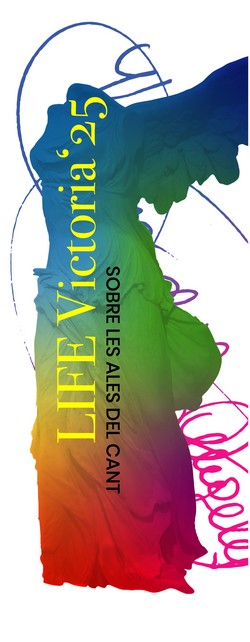- Details
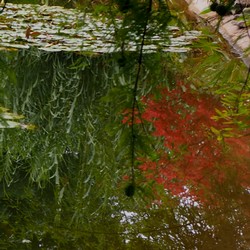
Sometimes the way a song is interpreted make us to stop and to rediscover it. Because there's something different, we hear details that we didn't previously hear in other versions; sometimes are more obvious, like unusual tempi, and sometimes more intangible: the accent on a word, a colour, the particular way the piano plays a note... And I wanted to talk about this, this week, about a song rediscovered thanks to a different interpretation.
- Details

A kind reader asked me a few days ago if we wouldn't have a "Halloween-Lied". Well, I hadn't even think about it, but... why not? We can easily find stories of spirits, ghosts, and creatures from the otherworld in the repertoire. So today we have a horror story.
- Details
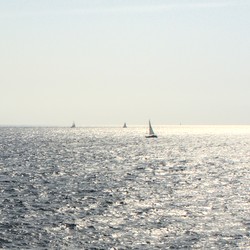
“Why should the voice always be accompanied by the pianoforte? There seem to me great possibilities in voices and instruments in combination.” Ralph Vaughan Williams said so in 1940, when he had not written songs for many years. It appears that the piano was an instrument he wasn't particularly fond, and by the time he had written most of his songs, before the Great War, he had used other instruments or ensembles to accompany [...]
- Details
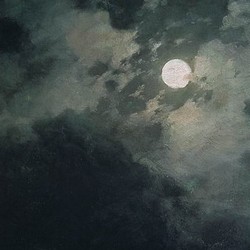
Last week I told you about Hans Zincken, known as Sommer. Mathematician, physicist, director of the Technical University of Braunschweig; key piece in the family business, Voigtländer, that manufactured cameras and photographic lenses; musical promoter in his city, nascent musicologist and occasional composer.
As I was telling you back then, this changed in 1881.
- Details
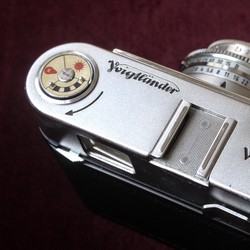
If you are interested in photography, you will have noticed that the camera in the illustration is a Voigtländer, one of the oldest brands. The company was founded in Vienna in 1756 (the year Mozart was born!) and was back then dedicated to the manufacture of precision instruments. In 1840, Peter Wilhelm Friedrich Voigtländer, the founder's grandson, produced the first mathematically calculated photographic lens, instead of the approximate lenses used until then, and he also produced [...]



